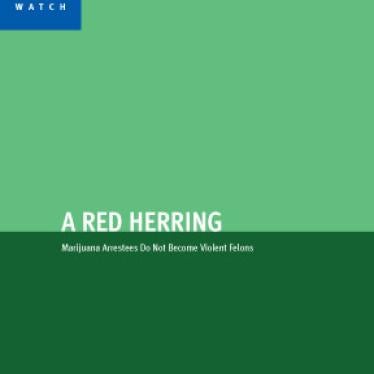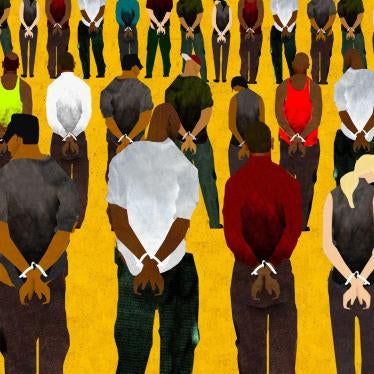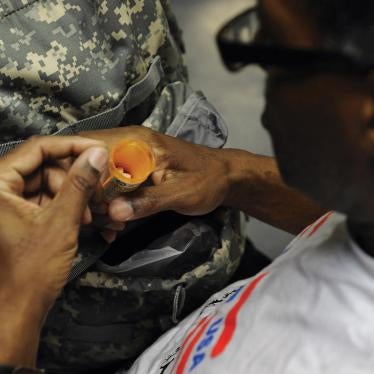"Unjust and wrong” is how mayoral candidate Bill De Blasio described the New York Police Department’s crusade against low-level marijuana users.
Citing the “disastrous consequences” for the tens of thousands of New Yorkers, the vast majority of them black and Hispanic, arrested annually by the NYPD in recent years over small amounts of pot, de Blasio vowed that as mayor he’d nix the “ridiculous” policy and push for the decriminalization of minor possession.
So it’s disappointing to learn that, in his first three months as mayor, the NYPD made nearly as many low-level pot arrests (7,017) as over the same period in 2013 — and more than in either of the last two quarters of 2013. Far from decriminalized, minor marijuana possession remains one of the city’s most common causes of arrest.
Let’s be clear: It’s hard to justify arresting anyone solely for minor possession of marijuana, let alone tens of thousands of people. Making it a crime infringes on basic rights to autonomy and privacy.
It’s also abusive and discriminatory in practice, since blacks and Hispanics accounted for the vast majority of marijuana arrests in New York City (87% in the first quarter of 2014), despite using the drug at no higher rate than whites do.
Yet the obvious solution de Blasio himself once called for — decriminalization or legalization — is off the table now that he’s mayor. Just last week, de Blasio’s police commissioner, William Bratton, told City Council members it would be “a major mistake and something I will never support.”
Still, he said, “We’ve been reducing (possession arrests) in an attempt to use a lot more discretion in what we do.”
Not exactly. True, marijuana arrests have fallen in the past couple of years. But that drop happened before de Blasio’s election and Bratton’s appointment, and it was mainly because the NYPD eased up on stop-and-frisk, which had led to officers stopping and searching people based on a “reasonable suspicion” that they were up to no good. Frisking in some cases turned up a joint or a bag of weed, leading to an arrest for displaying the drug “in public.”
But suspicion in many cases turned out to be anything but reasonable. A vastly disproportionate share of it was directed at black and Hispanic males, finally prompting a public outcry and a police retreat near the end of the Bloomberg administration.
But lots of marijuana arrests have nothing to do with stop-and-frisk. Between 2011 and 2013, the number of stop-and-frisk encounters plummeted by 72% while marijuana arrests dropped by just 43%.
The disparity is important, because policymakers and commentators tend to lump stop-and-frisk and pot possession arrests together. Gov. Cuomo recently abandoned a proposal, strongly backed by de Blasio, to decriminalize possession of small amounts of marijuana, explaining that the drop in stop-and-frisks had made it unnecessary.
The roughly 30,000 New Yorkers on track to be busted this year for minor possession would surely disagree, not least because of the “disastrous consequences,” as candidate de Blasio rightly put it, of an arrest, even if it doesn’t lead to a conviction — which most don’t. These include child care costs and workdays lost to booking, arraignment and court dates, plus bigger obstacles to obtaining and maintaining student financial aid, stable housing or a decent job.
The NYPD claims that arresting people for minor crimes improves public safety by getting serious criminals off the street, since low-level offenders might have warrants out for more serious crimes. Police also say that picking up minor offenders lets them scoop up fingerprints, photos and other information on people with the potential to commit more serious offenses.
Nice theory. But there’s actually no evidence that marijuana arrests improve public safety. On the contrary: Human Rights Watch tracked over 23,000 first-time arrestees picked up for marijuana possession in New York City in 2003 and 2004; only 3.5% went on to be convicted of a violent felony over the next six to eight years. Moreover, people arrested for marijuana possession in New York are almost exclusively non-criminals; in 2009, only one in five had a previous conviction.
Without a specific policy from the new mayor to right this wrong, tens of thousands of New Yorkers will suffer the consequences of a marijuana arrest every year.
As de Blasio once said, that’s ridiculous.
Root is a quantitative analyst with Human Rights Watch.








